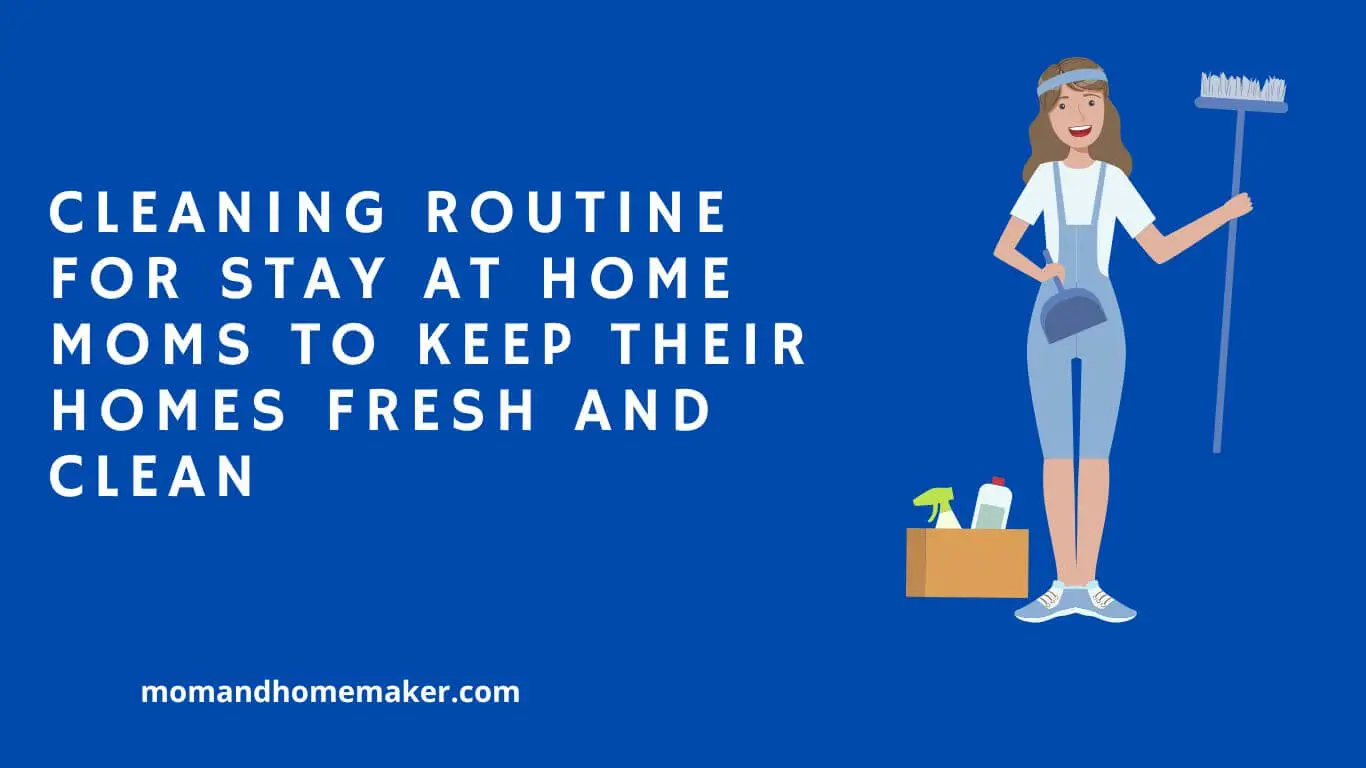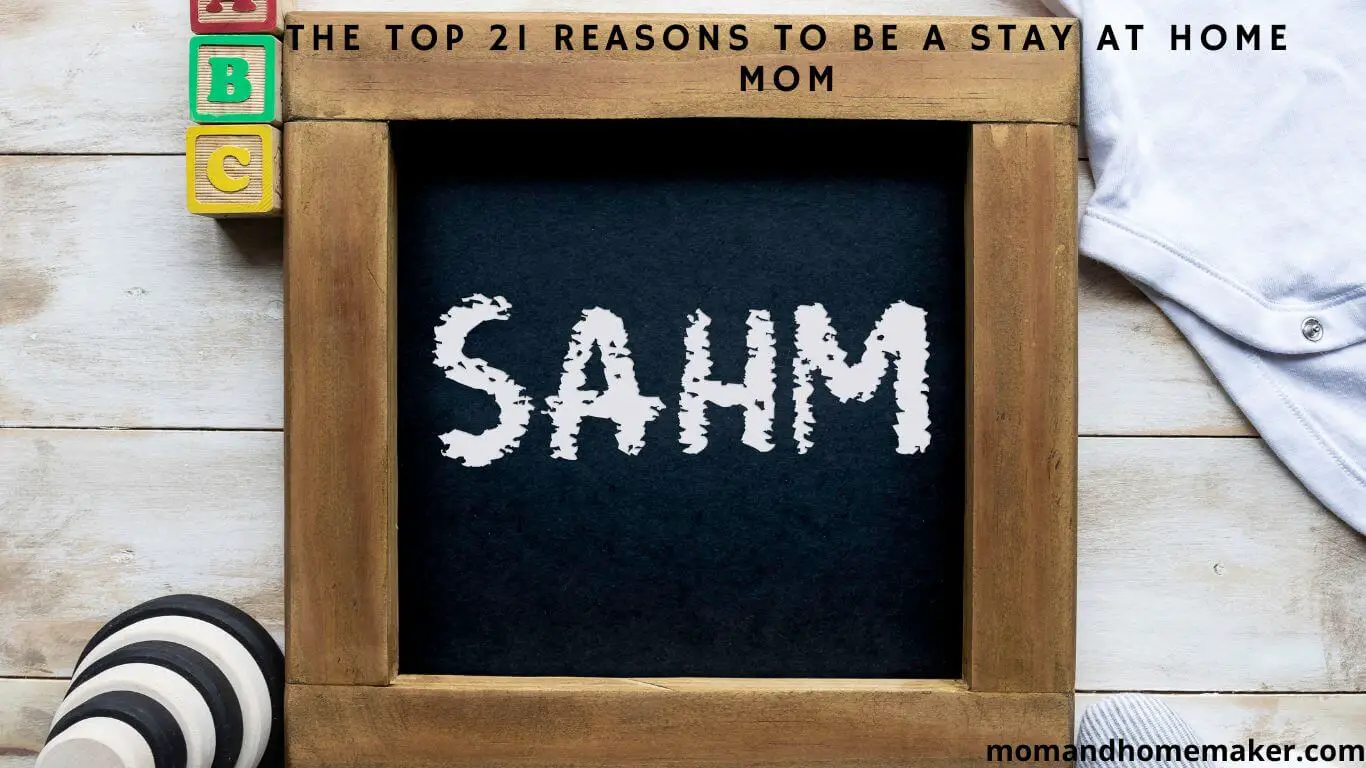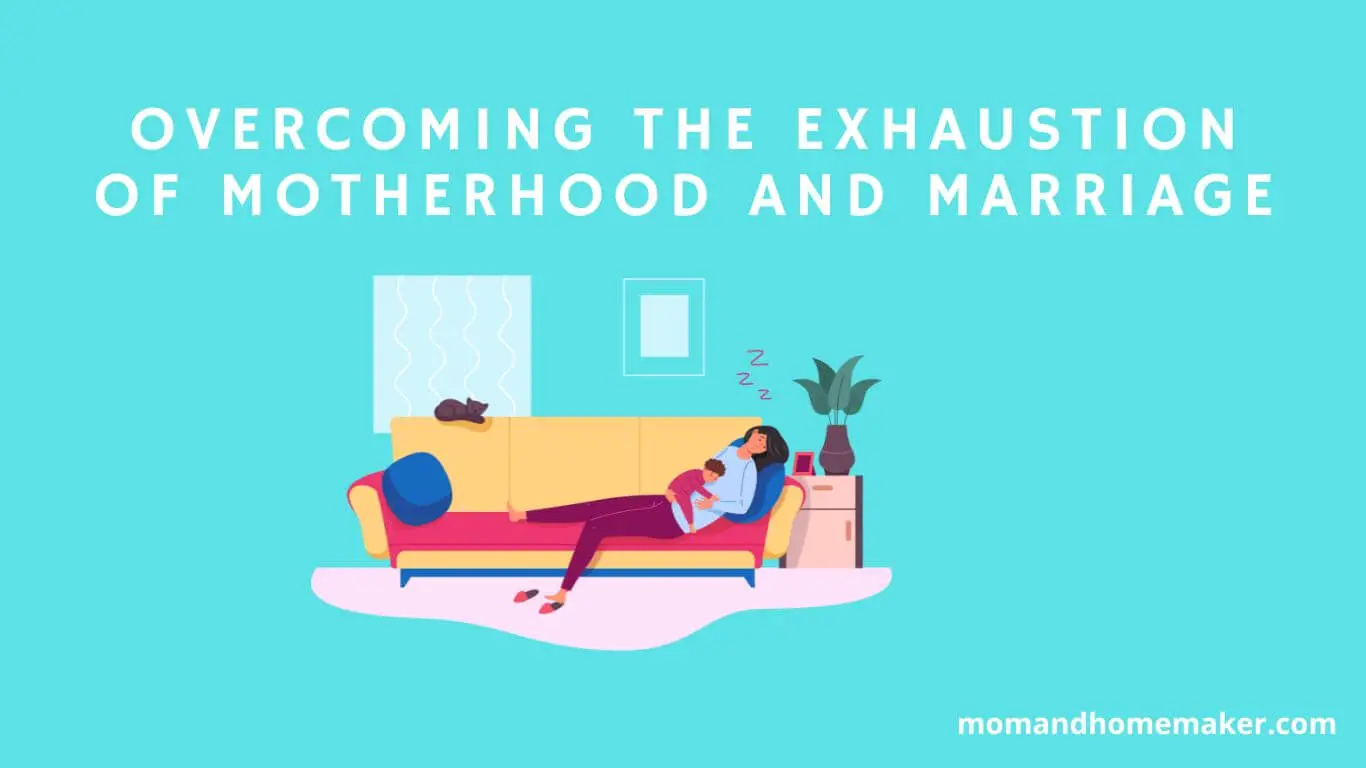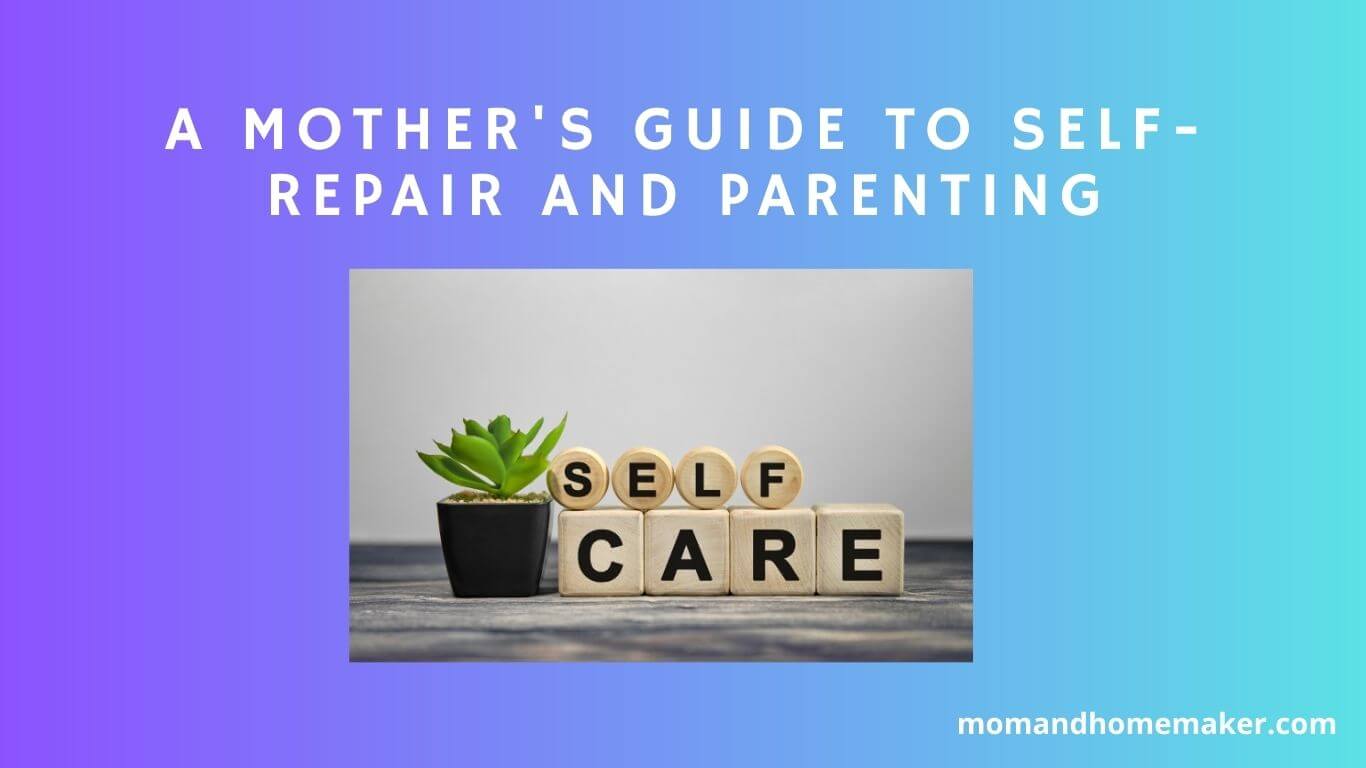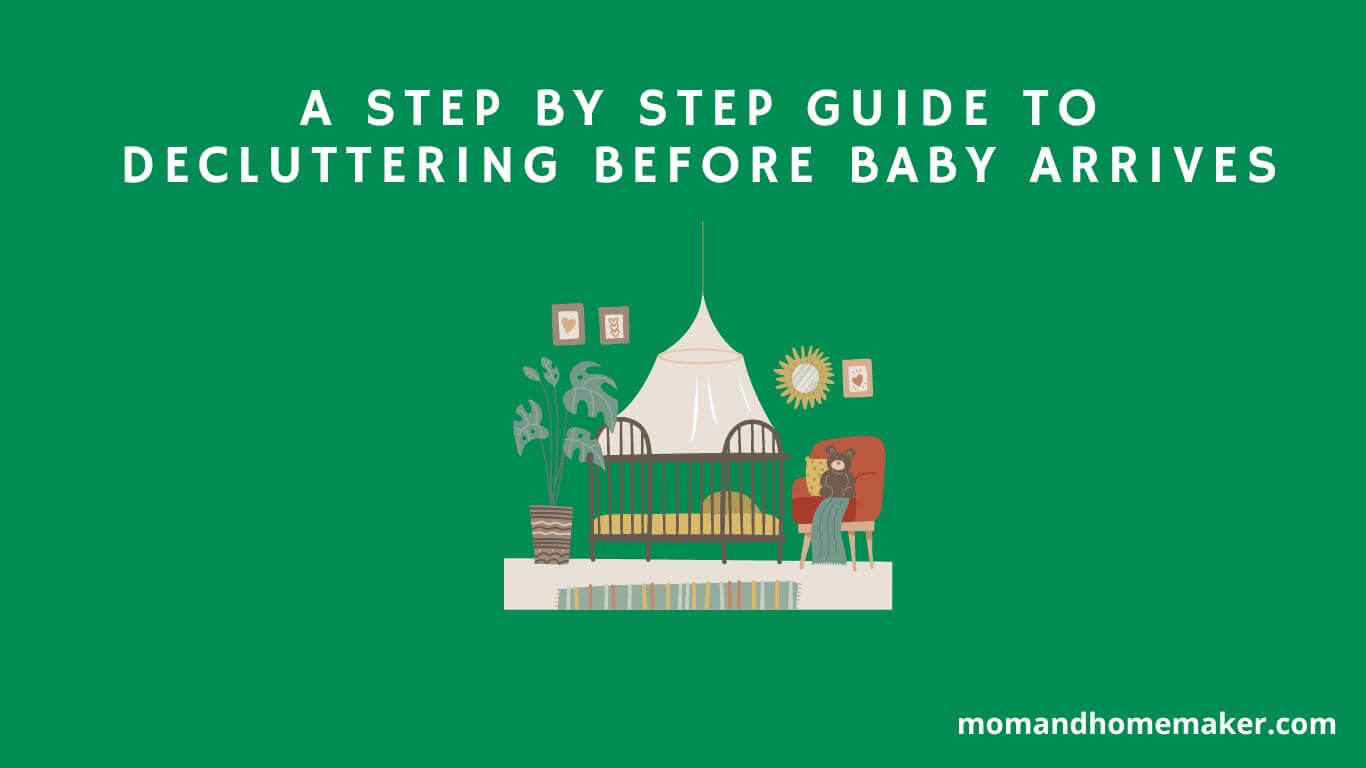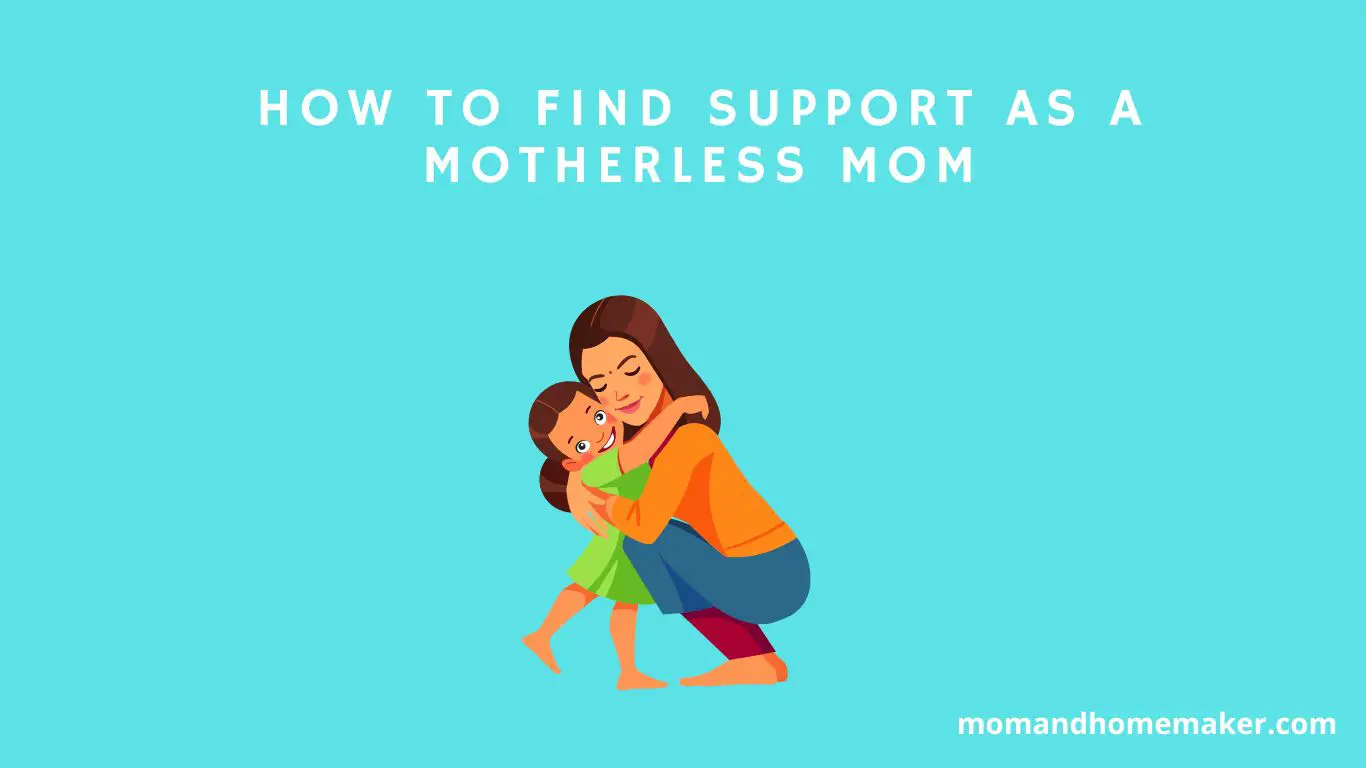Have you ever thought about the heavy burden single mothers carry every day, balancing responsibilities and facing unique challenges?
As you navigate the complexities of single parenthood, have you stopped to think about how it could affect your mental well-being?
This raises the question: Can the demands of single motherhood result in post-traumatic stress disorder (PTSD)?
The answer might be surprising. Let’s delve into the connection between single motherhood and mental health to uncover the truth behind this important question.
Single Motherhood Challenges
Navigating the challenges of single motherhood can be tough, requiring resilience and resourcefulness. Managing your time effectively is key as you balance work, household responsibilities, and taking care of your children solo. While it may seem overwhelming, prioritizing tasks and creating a schedule can help you make the most of your day and ensure everything gets done.
Having emotional support is crucial for single mothers. Don’t hesitate to lean on friends, family, or support groups when you need to talk or vent. Building a strong support system can offer the encouragement and understanding you need to handle the emotional highs and lows of parenting on your own.
Financial stability is often a concern for single mothers. Budgeting and exploring financial assistance programs can ease some of the stress of providing for your family on a single income. Remember, it’s perfectly fine to ask for help when you need it.
Amidst all your responsibilities, remember to prioritize self-care routines. Taking time for yourself isn’t selfish; it’s essential for your well-being. Whether it’s enjoying a relaxing bath, going for a walk, or simply reading a book, finding moments to recharge is vital.
When it comes to parenting, keep in mind that each child is unique. Stay patient, consistent, and communicate openly with your children. Setting boundaries and expectations while showing love and understanding can help foster a harmonious home environment.
Understanding PTSD Symptoms
Recognizing and understanding the symptoms of PTSD is crucial in addressing the impact of trauma on your mental health. Triggers for PTSD can vary from person to person and often involve reminders of the traumatic event, such as certain sounds, smells, or situations that evoke intense emotions.
These triggers can lead to emotional responses like fear, anxiety, and physical symptoms such as increased heart rate or sweating. It’s important to note that experiencing these reactions doesn’t indicate weakness; it simply means you have faced a challenging situation.
In the journey towards healing from trauma, identifying these triggers and emotional responses is a significant step. Coping mechanisms are key in managing PTSD symptoms.
Engaging in activities that promote relaxation, seeking support from loved ones or a therapist, and practicing mindfulness can all contribute to your mental well-being. Remember, seeking help is a brave step towards healing, not a sign of weakness.
By recognizing and addressing PTSD symptoms, you’re actively participating in your mental health recovery.
Impact of Stress on Health
Wondering how stress impacts your health? It’s crucial to grasp the effects of stress on your overall well-being as a single mom. Here are some important points to keep in mind:
- Stress Management: Effective stress management plays a vital role in maintaining good health. As a single mom, finding healthy ways to deal with stress can significantly reduce its negative impact on your body and mind.
- Health Effects: Prolonged stress can result in various health issues like high blood pressure, a weakened immune system, and even heart disease. Prioritizing stress reduction can help protect your long-term health.
- Emotional Well-being: Chronic stress can have a significant impact on your emotional well-being, leading to anxiety, depression, and burnout. It’s essential to address stress proactively to safeguard your mental health.
- Self-Care Practices: Engaging in self-care activities is crucial for managing stress levels. Simple practices such as exercise, meditation, spending time in nature, or pursuing hobbies can help alleviate stress and enhance your overall health.
Coping Strategies for Single Moms
Managing the challenges of single motherhood and safeguarding your well-being requires practical coping strategies. As a single mom, it’s vital to prioritize your mental and emotional health. Here are some key strategies to help you navigate the difficulties you may encounter:
| Managing Stress | Emotional Well-being | Effective Time Management |
|---|---|---|
| Practice deep breathing exercises | Consider therapy or join support groups | Create a daily schedule |
| Engage in mindfulness and meditation | Express your emotions through journaling | Establish realistic goals and priorities |
| Stay physically active | Participate in activities you enjoy | Delegate tasks when feasible |
Incorporating these strategies into your daily routine can significantly impact how you handle the demands of single motherhood. Remember, taking care of yourself is not selfish; it’s necessary to be the best parent you can be.
Prioritizing self-care, managing your time effectively, and seeking emotional healing when needed will help you navigate the journey of single motherhood with strength and grace.
Seeking Professional Help
Consider reaching out to a therapist or counselor for professional help in navigating the challenges of single motherhood. Seeking support is a positive step towards self-care and resilience.
Here are some ways professional help can benefit you:
- Therapy Options: Therapists can provide different types of therapy tailored to your needs, such as cognitive-behavioral therapy (CBT) to address specific issues or trauma-focused therapy to work through past experiences.
- Counseling Benefits: Counseling offers a safe space to explore your thoughts and feelings, develop coping strategies, and enhance your overall well-being. A counselor can give guidance and tools to manage stress and improve your mental health.
- Mental Health Check: Regular sessions with a mental health professional can help monitor your emotional state, identify any signs of distress or burnout, and prevent potential mental health concerns from escalating.
- Support Groups: Joining a support group for single mothers can provide a sense of community, understanding, and shared experiences. Connecting with others in similar situations can offer validation and encouragement, fostering a sense of belonging during your healing process.
Societal Stigma and Pressure
Facing the challenges of being a single mother may subject you to societal judgment and expectations, which can impact your mental well-being and self-image. As a single mom, you might feel the weight of society’s standards bearing down on you.
The pressure to excel in both parental roles can affect your mental health. Remember that it’s completely acceptable to seek help and that you don’t have to handle everything alone.
The constant scrutiny and criticism from society can erode your self-esteem. You may start doubting your capabilities and feeling inadequate. It’s important to remember that your worth isn’t defined by your relationship status or family setup. You’re resilient, competent, and deserving of respect and assistance.
Dealing with societal stigma and pressure can be emotionally draining. Prioritize self-care and seek support from a community that uplifts and motivates you.
Building a strong support system can help counteract the negative impact of external pressures and provide a safe space for you to express your emotions without fear of judgment.
Financial Strain and PTSD
Experiencing financial stress as a single mother can increase the likelihood of developing PTSD, impacting your overall well-being and mental health. It’s crucial to acknowledge the difficulties you’re facing and seek support to navigate through these challenges effectively.
- Financial Challenges: Constantly worrying about meeting your family’s basic needs can significantly affect your mental health. Addressing these financial struggles and seeking help when necessary is vital.
- Emotional Impact: Managing finances on your own can lead to heightened anxiety, depression, and feelings of being overwhelmed. Recognizing the emotional toll of financial strain is the first step towards finding healthy ways to cope.
- Mental Well-being: Financial instability can contribute to a decline in your mental health. Prioritizing self-care and seeking professional assistance if you notice persistent distress or symptoms of PTSD is important.
- Coping Strategies and Support Systems: Developing effective coping mechanisms like budgeting, seeking financial assistance, and practicing self-care can alleviate some of the financial burdens. Moreover, leaning on support networks such as friends, family, or community resources can offer valuable assistance and emotional support during challenging times.
Balancing Work and Parenting
Balancing the responsibilities of work and parenting as a single mother comes with its own set of challenges that require effective time management and prioritization. It’s crucial to handle these duties while also focusing on your own well-being. Here are some important factors to consider when managing the delicate balance between work and parenting as a single mom:
When it comes to juggling work and parenting tasks, time management is key. Creating a schedule that dedicates specific time to work, quality time with your child, and self-care can help you stay organized and reduce stress.
It’s normal to face difficulties in parenting, but remember that seeking support from your support network, whether it’s friends, family, or online communities, can offer valuable advice and emotional support.
Maintaining a healthy work-life balance is essential for your overall health. Setting boundaries between work and personal time can help prevent burnout and ensure you have the energy to be present for your child. Prioritizing self-care activities is also important.
Taking time for yourself, whether through exercise, hobbies, or relaxation techniques, is crucial for recharging and being the best parent you can be.
Parenting Alone and Isolation
Parenting alone can sometimes lead to feelings of loneliness and social isolation, which can affect your emotional well-being and support system. It’s crucial to acknowledge the challenges that come with solo parenting and take proactive steps to address them. Here are some important points to consider:
- Building Social Connections: Creating a strong social support network is vital. Reach out to friends, family, or online communities for emotional support and companionship. Connecting with other single parents can also provide a sense of understanding and camaraderie.
- Addressing Psychological Impact: The psychological burden of parenting alone can be significant. Prioritize your mental health by seeking therapy or counseling if needed. Remember, it’s okay to ask for professional help if you feel overwhelmed or distressed.
- Utilizing Community Resources: Take advantage of available resources for single parents in your community. Explore local support groups, parenting classes, or childcare assistance programs. These resources can offer practical help and a sense of belonging.
- Prioritizing Self-Care: Make sure to prioritize self-care to maintain your emotional well-being. Set aside time for activities you enjoy, practice mindfulness or meditation, and ensure you’re getting enough rest. Taking care of yourself is essential to have the energy and resilience needed for effective parenting.
Self-Care Practices for Moms
Self-care is crucial for single moms to maintain their well-being and effectively care for their children. Here are some self-care practices to help navigate the challenges of single motherhood:
- Mindful meditation: Take a few minutes each day to practice mindful meditation. It can help center you, reduce stress, and improve your mental well-being.
- Journaling for self-reflection: Reflect on your thoughts and feelings through journaling. Writing down your emotions can bring clarity and help process difficult situations.
- Enjoy nature walks: Connect with nature by taking leisurely walks outdoors. Fresh air and natural surroundings can calm your mind, rejuvenate your spirit, and lift your mood.
- Engage in creative hobbies: Find joy in creative activities like painting, crafting, or playing music. These hobbies can be emotional outlets and provide a refreshing break from daily responsibilities.
- Establish healthy boundaries: Set boundaries to protect your time and energy. Learn to say no when needed and prioritize activities that nurture your well-being. Creating healthy boundaries is key to preventing burnout and maintaining balance in life.
Incorporating these self-care practices into your routine can help navigate the demands of single motherhood with resilience and strength. Remember, taking care of yourself isn’t selfish but necessary to be the best version of yourself for your children.
Trauma Triggers in Motherhood
Dealing with trauma triggers in motherhood can pose challenges that require awareness and proactive coping strategies. Mothers need to recognize and address factors that can trigger past traumas or create new ones. Here are some key considerations for managing trauma triggers in motherhood:
- Parenting Challenges: Balancing the demands of motherhood can result in overwhelming stress and feelings of inadequacy. Seeking support from loved ones or professionals is crucial for effectively navigating these challenges.
- Emotional Responses: Certain situations or events may trigger strong emotional reactions due to past traumas or ongoing stress. Identifying these triggers and developing healthy ways to manage emotions is essential for maintaining mental well-being.
- Motherhood Experiences: The process of childbirth, postpartum depression, or previous parenting difficulties can contribute to motherhood trauma. Acknowledging these experiences and seeking therapy or counseling can aid in healing and moving forward positively.
- Mental Well-being: Prioritizing mental health is key to managing trauma triggers. Engaging in self-care practices like mindfulness, exercise, or creative outlets can help reduce stress and enhance overall well-being.
Child’s Well-Being and PTSD
Dealing with trauma triggers while raising a child as a single mom can have a significant impact on your child’s well-being and could potentially lead to PTSD. Your child’s mental health and emotional stability are closely connected to how you handle your trauma.
The way you guide and support your child plays a crucial role in shaping their response to stress and difficult situations. Children who witness their mothers going through trauma may be more vulnerable to developing PTSD or other mental health challenges themselves.
It’s important to recognize how your experiences might be affecting your child and take steps to address any possible negative effects.
Childhood trauma can have lasting effects on a child’s well-being, underscoring the importance for single moms to prioritize their mental health and seek therapy when needed. By focusing on managing your emotions and coping strategies, you can create a more stable and nurturing environment for your child to thrive in.
Remember, seeking help is a proactive step towards ensuring the well-being of both yourself and your child.
Therapeutic interventions like counseling or support groups can equip you with the necessary tools and resources to navigate the trials of single motherhood while safeguarding your child’s mental health. By taking care of yourself, you’re ultimately ensuring a brighter future for your child’s well-being.
Support Systems for Single Moms
Navigating the challenges of single motherhood requires a strong support system. Here are some key support systems that can assist you on your journey:
- Connecting with Peers: Building relationships with other single moms who’ve faced similar challenges can provide a sense of community and understanding. Peer support allows you to share experiences, offer advice, and receive emotional support from those who can relate to your situation.
- Utilizing Community Resources: Local community centers, churches, and non-profit organizations offer valuable resources for single moms, such as support groups, childcare assistance, food banks, and counseling services. These resources can help ease some of the burdens you may encounter as a single parent.
- Engaging in Online Forums: Virtual support networks provide a convenient way to seek advice, share stories, and connect with other single moms. Online forums offer a platform for interaction with a diverse group of individuals who can provide insights and encouragement.
- Participating in Mentorship Programs: Mentorship programs pair you with experienced mentors who can offer guidance, support, and encouragement as you navigate single motherhood. A mentor can provide valuable insights, advice, and a listening ear when you need it most.
- Enrolling in Parenting Classes: Parenting classes equip you with skills and knowledge to enhance your parenting abilities. These classes cover topics such as child development and effective discipline strategies, empowering you to be the best parent you can be.
Breaking the Silence on PTSD
Breaking the silence surrounding PTSD is crucial for increasing awareness and offering support to those grappling with the effects of trauma. Understanding the process of healing is essential when dealing with PTSD. It involves recognizing the trauma, seeking help, and gradually working toward recovery.
Parenting challenges can become more difficult when PTSD is a factor, as past experiences may trigger emotional responses that affect daily interactions and decision-making. It’s crucial to acknowledge these difficulties and seek support to navigate them effectively.
Engaging in self-care practices is vital during the journey of trauma recovery. Simple activities like mindfulness, exercise, or connecting with a support group can have a significant impact.
Remember, the first step towards healing and building a fulfilling life after trauma is breaking the silence and seeking help when needed.
Guilt and PTSD in Single Moms
Experiencing guilt as a single mom while dealing with PTSD can be especially challenging and requires understanding and support. It’s important to acknowledge these feelings and work on managing them effectively to prioritize your well-being and that of your children.
Here are some key points to consider:
- Managing Guilt: It’s normal to feel guilty, but try not to dwell on it. Seek help from professionals or join support groups to learn healthy coping mechanisms and strategies to deal with guilt effectively.
- Identifying Triggers: Recognize your PTSD triggers and create a safe environment for yourself and your children. Set boundaries and communicate your triggers to prevent potential retraumatization.
- Focus on Emotional Healing: Engage in activities that promote relaxation and peace of mind to facilitate emotional healing. Consider therapy, mindfulness practices, or journaling to process your emotions and work towards healing.
- Prioritize Self-Care: Make self-care a priority to recharge and build resilience. Develop routines that include exercise, healthy eating, proper rest, and activities that bring you joy.
Dealing with parenting challenges as a single mom coping with PTSD can feel overwhelming, but by actively managing guilt, understanding your triggers, focusing on emotional healing, and prioritizing self-care, you can create a healthier and more balanced life for yourself and your children.
Emotional Resilience in Motherhood
When it comes to being a resilient mother, it’s essential to have a strong support system and prioritize self-care. Developing resilience is key to navigating the ups and downs of motherhood.
Don’t hesitate to reach out to friends, family, or support groups for emotional support. Sharing your feelings can help lighten the emotional burden and offer new perspectives on common challenges.
Self-care isn’t a luxury; it’s a necessity for your emotional well-being. Make time for yourself, even if it’s just a few minutes each day. Engaging in mindfulness activities like meditation or deep breathing can help you find calm amidst the chaos. These moments of peace can help you tackle challenges with a clear mind.
Having coping strategies is crucial for building emotional resilience. Find healthy ways to manage stress, whether it’s through exercise, journaling, or pursuing hobbies you enjoy. Recognize when you need a break and don’t be afraid to ask for help. Remember, you’re not alone on this journey of motherhood.
Overcoming Mental Health Stigma
To tackle mental health stigma, it’s crucial to educate yourself and others about the real challenges people face. By raising awareness and promoting understanding, we can break down barriers and create a supportive environment for those dealing with mental health issues. Here are some steps to help overcome mental health stigma:
- Learn About Mental Health: Take the time to understand different mental health conditions, their symptoms, and how they affect individuals. Knowledge is key in fighting stigma.
- Challenge Stereotypes: Combat misconceptions by engaging in open conversations and sharing personal stories. Encourage empathy and support in your community.
- Build Support Networks: Surround yourself with friends, family, or support groups that offer encouragement and understanding. Connecting with others who can relate can help combat feelings of isolation.
- Consider Counseling: Explore counseling or therapy options if you’re dealing with mental health issues. Seeking professional help is a proactive step towards improving your mental well-being.
Advocating for Mental Health Awareness
Advocating for mental health awareness is essential in creating a supportive environment for those in need. By actively promoting mental health awareness, you can help spread knowledge and understanding, fostering a more compassionate community.
Here are key areas to focus on when advocating for mental health awareness:
- Mental Health Advocacy: Engage in initiatives that promote mental health awareness and support in your community.
- Stigma Awareness: Educate others about the harmful effects of mental health stigma and ways to combat it.
- Self-Care Tips: Share strategies for prioritizing self-care to enhance mental well-being.
- Community Support: Establish a network of support for individuals facing mental health challenges.
Your efforts in mental health advocacy play a crucial role in supporting those around you on their healing journey. By creating a safe space for discussions and promoting understanding, you contribute significantly to the overall well-being of your community.
Empowering Single Moms Through Support
Empowering single moms is crucial to helping them overcome the challenges they face with resilience and strength. By offering support, you can truly make a difference in their lives. Here are some ways to empower single moms through support:
- Encouraging Independence: Support single moms in honing their skills and pursuing their interests. Assist them in setting realistic goals that enhance their financial independence and personal development.
- Creating Community: Foster connections among single moms by arranging support groups or social gatherings. Establishing a sense of belonging can reduce feelings of isolation and provide a valuable support system.
- Recognizing Resilience: Celebrate the everyday resilience and determination shown by single moms. Acknowledging their strength can bolster their confidence and inspire them to overcome obstacles.
- Promoting Self-Care: Advocate for self-care practices that prioritize the physical, mental, and emotional well-being of single moms. Remind them that self-care isn’t selfish but essential for their overall health.
Conclusion
Yes, it may come as a surprise, but being a single mom can indeed lead to PTSD. The struggles and stress of single parenthood can have a significant impact on your mental well-being.
It’s crucial to recognize the signs, seek support, and prioritize self-care to maintain your emotional health. Remember, you aren’t alone in this journey, and there are resources available to help you navigate through these challenging times.


